Mozambique: Podemos condemns silence on killings of Elvino Dias and Paulo Guambe
Mo Ibrahim urges African leaders to make countries more self-reliant
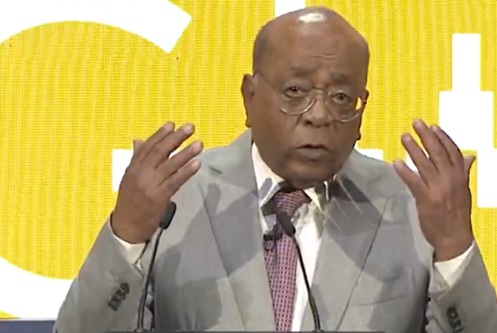
Screen grab: @Mo_IbrahimFdn/X
Sudanese philanthropist Mo Ibrahim yesterday urged African leaders to “put their house in order” and become more self-reliant, rather than relying on foreign aid from other countries.
“It is time for us Africans to understand that we have to take care of ourselves. It is not acceptable for us to depend on the kindness and generosity of others. It is foolish, unacceptable and unreliable,” he said during a meeting with journalists in Marrakesh, Morocco, during the Ibrahim Governance Weekend (IGW) the flagship event of the Mo Ibrahim Foundation, held every year in a different African country.
Ibrahim lamented the rise of nationalism, which is undermining the long-standing norms of international order and respect for international law.
Catch the moments that set the tone for our Ibrahim Governance Weekend featuring speakers like @DrTedros , @AminaJMohammed, @JosepBorrellF and more!
Join us for sessions throughout today as we explore the theme of Financing The Africa We Want. https://t.co/tBF6Tc05ow pic.twitter.com/aRKybHPelX
— Mo Ibrahim Foundation (@Mo_IbrahimFdn) June 2, 2025
In the face of increasing conflicts and cuts in foreign aid by Western countries, Ibrahim argued that African countries should use their own resources to boost the continent’s economic and social development.
“We have to rely on our own resources. We have to organize ourselves, we have to put our house in order. We are a very rich continent, but we are a very poor people. Why? Because we are mismanaging our countries, our resources, our people,” he stressed.
The aim of the conference, which began on Sunday and continues until this Tuesday, “is to galvanize these issues and try to make Africa self-sufficient, confident and independent”, he said.
Mozambique and the drop in Official Development Assistance (ODA)
According to data collected by the Mo Ibrahim Foundation (MIF), Official Development Assistance (ODA) to African countries has fallen by 11 percentage points in the last decade.
Mozambique is one of the countries most affected by the suspension of most ODA ( foreign aid) from the United States by US President Donald Trump.
Mozambique suffered a cut of US$172 million (€204 million), according to data from the Mo Ibraim Foundation as of 27 March 2025, representing a cut of almost 50% of the total USAID programs in the country. Health is one of the sectors most affected, particularly financing for maternal and child health, family planning and reproductive health, as well as the prevention and treatment of malaria and tuberculosis.
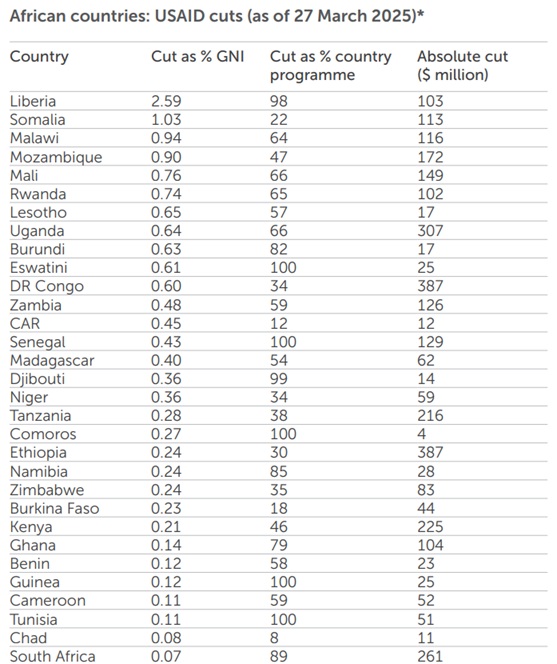
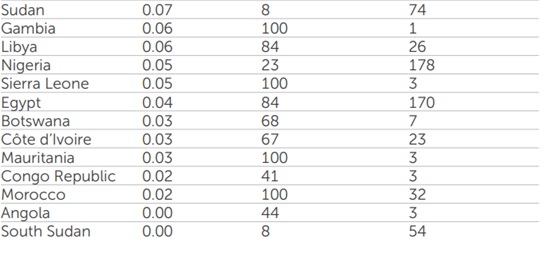
The report “Financing the Africa We Want” advocates reforming the multilateral financial system, but also increasing domestic taxes and combating capital flight.
According to the authors, African countries are already among the largest producers of minerals, have large reserves of oil and natural gas and have great potential in the production of solar, geothermal and wind energy.
However, the MIF identifies great potential for growth in industrial production, fisheries and agriculture and mentions carbon and biodiversity credits as a possible source of income, thanks to the wealth in terms of forests, peatlands and mangroves.
The report also suggests measures to strengthen the security of private investors in Africa, such as the creation of a ratings agency and a single African currency.
IGW 2025 is taking place between 1 and 3 June in Marrakesh, under the theme “Leveraging Africa’s Resources to Close the Finance Gap”.
Prominent African political and business leaders, representatives from civil society, multilateral and regional institutions as well as Africa’s major international partners to debate issues of critical importance to Africa
This year’s conversations build on the findings of the 2024 Ibrahim Forum Report, Financing Africa: where is the money?, which underscored the widening gap between Africa’s growing development and climate finance needs and the current availability of external resources.
“With declining volumes of international aid and structural shortcomings in the multilateral financial system, the case is clear: Africa must pivot away from an outdated model of dependency on external finance and raw commodity exports. The time has come to mobilise and leverage its own resources more effectively. This is not about Africa asking for more money – but rather seeking smarter money, and, more importantly, leveraging its own domestic resources and better attracting private sector capital,” te MIF writes..
From mineral wealth, solar power, agriculture and the blue economy, Africa is a hub of resources and assets. Session 2 will explore the question: how do we maximise revenue from within?
🕘 12:30 GMT+1
📍 Watch live – https://t.co/JMm9Mn9vCZ#MIFMarrakech #FinancingAfrica pic.twitter.com/R1Mz9NAgk2— Mo Ibrahim Foundation (@Mo_IbrahimFdn) June 2, 2025


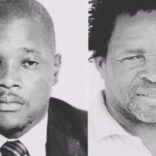
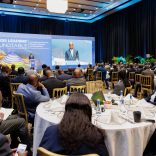
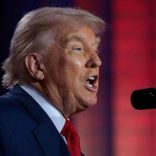

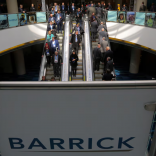





Leave a Reply
Be the First to Comment!
You must be logged in to post a comment.
You must be logged in to post a comment.